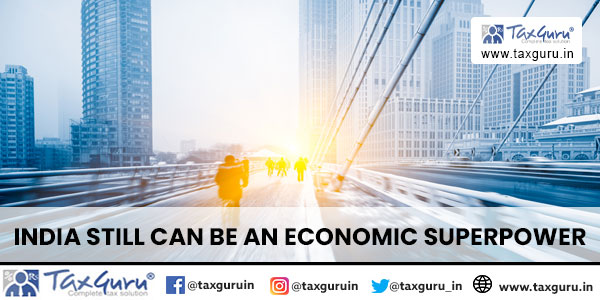The Challenge: Black Money
In India, black money poses a significant challenge. It can be classified into two categories: External and Internal.
- External Black Money
This type of black money primarily originates from illegal cash transactions. These funds often end up in foreign banks, making it extremely difficult for Indian authorities to retrieve due to geopolitical issues.
- Internal Black Money
Interestingly, internal black money mainly comes from us, the taxpayers. Here’s how it happens: The government introduced GST to streamline indirect taxation and made it mandatory for retailers to provide invoices to customers. However, a large portion of retailers still belong to the unorganized sector. For example, we often buy something from a cafeteria or a street vendor and make a QR code payment, but rarely take an invoice.
To understand the severity of internal black money, consider this: In FY21-22, digital transactions amounted to a whopping 3021 trillion rupees. However, indirect taxes were a mere 9.65 trillion rupees, just 0.32% of the digital transactions. Remember, GST alone ranges between 5% to 28%, so the collections from indirect taxes should have been much higher than 0.32%.
India vs. the United States of America
In a country like India, the largest democracy with a population of 1.4 billion, sadly only 5% of the population pays taxes in both direct and indirect formats. Moreover, India’s total tax collections are less than 5% of those in the United States. This stark contrast is not just a reflection of the difference in economic size and per capita income between the two countries, but also of the efficiency and coverage of their respective tax systems.
In contrast, in the United States, the second-largest democracy, 70 to 80% of their population pays taxes. The U.S. has a more comprehensive and efficient tax system, which allows it to collect a higher proportion of its GDP in taxes.
This discrepancy is costing India dearly, leading to inflation, corruption, and a high cost of living. If you earned 1 lakh today, its value three years down the line could easily be between 60% to 70% of its original value. All these are happening because the Indian government doesn’t have complete regulatory authority over all sectors owing to poor tax collections.
On the other hand, the United States has toll-free roads, easy access to medical care, free schooling until 12th grade, and other benefits.
The Solution: Digital Transaction Tax
Having discussed the problem, let’s move to the solution: Digital Transaction Tax (DTT), also known as Banking Transaction Tax (BTT). By implementing a mere 2% DTT, we could potentially increase our revenue to 60.42 trillion rupees, almost tripling our current revenue for the year FY21-22.
This increase in revenue could mean three times the budget for roads, three times the education budget, and much more.
However, despite these efforts, taxing the unorganized sector remains a challenge. The unorganized sector in India, which accounts for a significant portion of the economy, is largely cash-driven.
To cope with this, we are proposing a mandatory 4% Cash Transaction Tax to encourage the remaining people dealing with cash transactions to adopt Digital Transactions. The introduction of the Digital Transaction Tax solves this subtle problem without hurting the unorganized sector.

Reorganizing Revenue Departments: A Game Changer
In addition to implementing the Digital Transaction Tax, another crucial step towards becoming an economic superpower is the reorganization of our revenue departments. This reorganization can play a pivotal role in achieving our goal without causing inconvenience to the public.
India currently has over 12 types of taxes, each with its own set of rules and regulations. This complex tax structure often leads to inefficiencies and compliance issues. However, the introduction of the Banking Transaction Tax (BTT) could be a game changer. BTT is just one type of tax, but it has the potential to generate sufficient revenue for the country.
The key to this transformation is the consolidation of various taxes under one umbrella. By simplifying the tax structure, we can make it easier for taxpayers to understand and comply with tax laws. This could also reduce the administrative burden on the revenue departments, allowing them to focus more on enforcement and less on paperwork.
Moreover, a simplified tax structure could make it easier to implement and enforce the Digital Transaction Tax. With fewer types of taxes to manage, the revenue departments can focus their resources on ensuring that the Digital Transaction Tax is collected efficiently and effectively.
In conclusion, while the journey to becoming an economic superpower is fraught with challenges, with the right policies, robust implementation, and a well-organized revenue department, India can turn these challenges into opportunities. The path is not easy, but with collective effort and political will, it is certainly achievable. Let’s embark on this journey together, for a brighter and more prosperous future for India.
For more information, check out my article on how digital transactions can save a salaried employee’s taxes by over 80%. Lastly, don’t miss my webinar in Hindi and English to understand how India can become a global economic superpower by simply adopting DTT or BTT.





